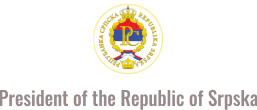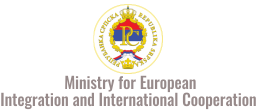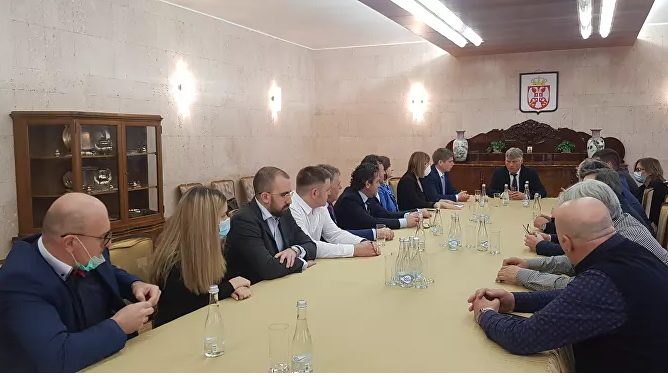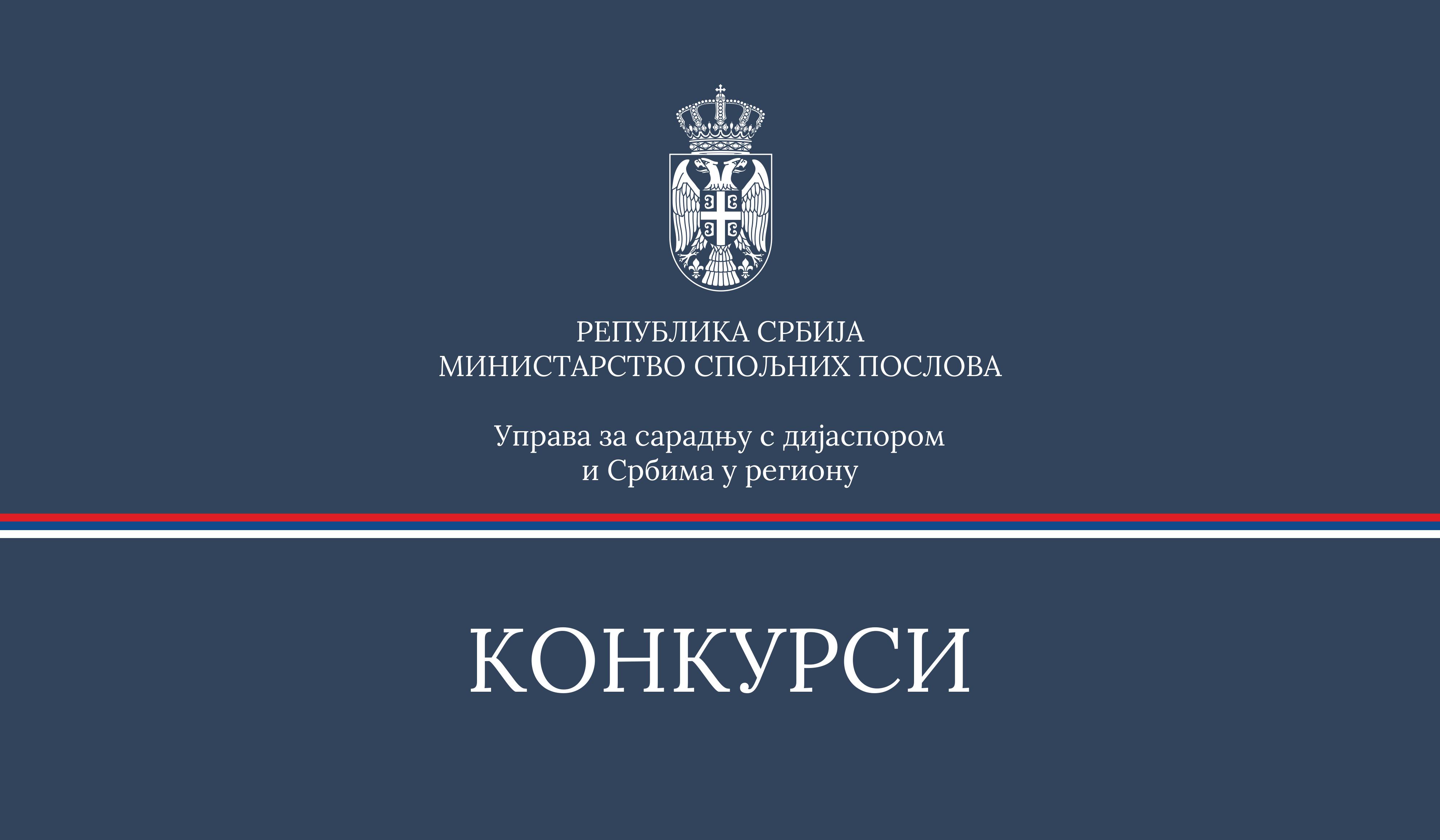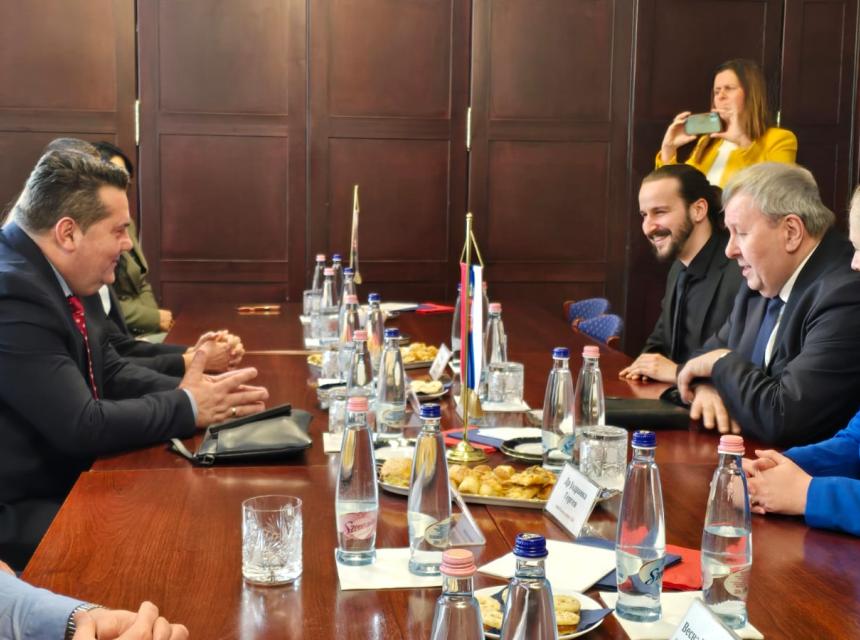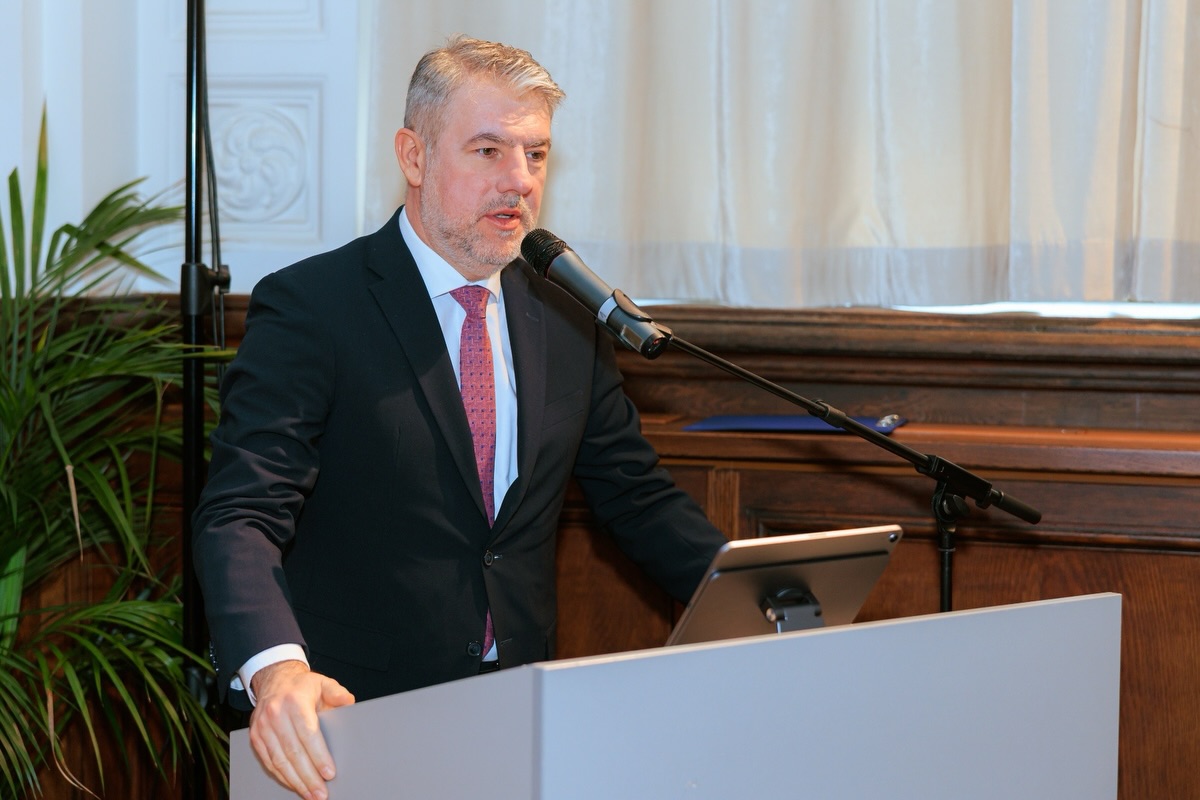Supplementary schools of the Serbian language, to be attended by Serbian children living in Russia, should start operating in September in three Russian cities: Moscow, St. Petersburg and Sochi, Arnaud Gouillon, Director of the Directorate for Cooperation with the Diaspora and Serbs in the Region, told Sputnik, during his six-day visit to Russia with a delegation of the Ministry of Foreign Affairs.
Gouillon reminded that such schools existed in Russia until two decades ago, and as he emphasized, now the need for them had reappeared.
“It is extremely important for us that Serbian children know and learn the Serbian language, because language is at the core of identity. Without language there is no identity and identity is lost due to ignorance of language. Those connections are very important, not only because of the family. We have seen in some countries that some children do not know Serbian and cannot talk to their grandparents. That is really sad. If we consider the long run, then that connection and thread with Serbia is lost. When there is language – then there is identity, then there is a desire to visit Serbia, and sometimes to return to Serbia. That is certainly one of our goals, and I am happy that we will work intensively in the next six days towards achieving these goals,” Gouillon said.
He reminded that supplementary Serbian language schools were already operating in many countries, but he pointed out that “the Russian Federation is also of symbolic importance, because Serbs and Russians are friendly peoples”.
“Serbs feel like they are the hosts here, and in fact they are. And it is under these favorable circumstances, that there is no excuse not to work on starting such schools, because it is in the interest of both Serbs and Russians. There are also cases when Russians married to Serbs want to learn Serbian, so that they can talk to their in-laws and children in that beautiful and melodious language,” Gouillon said.
According to him, supplementary Serbian language schools operate where there is a Serbian diaspora: in France, Switzerland, Austria, Canada, US etc., and the Directorate for Cooperation with the Diaspora and Serbs in the Region wants to help establish such schools also in other countries, where our people live.
“It is not easy to establish schools, but we have the experience. We also have financial support for the premises, for the teachers, for the equipment, and then we need to use all that and focus our energy towards that goal,” says Gouillon.
He mentioned Slovenia as an example, where the idea of supplementary additional schools was launched three years ago and where attendance was forecast at 300 to 400 children, but those numbers have been exceeded many times over.
“It was seen as a great success if that number of children in Slovenia would learn Serbian. Nobody knew what the response would be, and the response was huge - 1,600 children, which means four times more than expected. We are initiating the same in other countries,” Gouillon added.
The problem, Gouillon notes, is that the exact number of the Serbian diaspora in Russia and many other countries is unknown, since there is no obligation to register Serbian citizens at the embassy of our country when they arrive in a certain country.
“We know about those who have registered with the embassy, but not the whereabouts of those who have not registered. So we will see when we launch this initiative how many children and parents will apply, but I believe that it will be enough to start at least three schools in the Russian Federation. I am optimistic and guided by experience from other countries, I think that we can achieve this, and then from September speak in Moscow not only in the beautiful Russian language, but also in Serbian,” Gouillon emphasized.
He also mentions the example of Malta, where it was not known how many Serbs lived in that country and how many children would be interested in enrolling in a supplementary school, but it turned out that more than 150 children expressed desire to learn Serbian.
“This impresses us, it shows us that what we are doing makes sense, and the most important thing is that we can help those children realistically, concretely and on the ground. If we do that, we will have changed not only the lives of those children by allowing them to learn perfectly the language of their ancestors, their homeland, since this includes also the view of the world, it is part of personal history, part of identity and it has no price, it is priceless,” Gouillon pointed out.
The Serbian delegation, led by Gouillon, met today in Moscow with Serbian Ambassador to Russia Miroslav Lazanski and Serbian diplomats to discuss the launching of supplementary Serbian language schools in that country, as well as with representatives of our diaspora – businessmen and students. They are also expected to meet with representatives of Russian institutions.
Gouillon points out that the meeting with Serbian businessmen, held at the Serbian Embassy in Moscow, is extremely important for the exchange of experiences and the fact that they employ our people.
“They have been working in Russia for a long time, they have experience and we wanted to hear from them how the Serbian diaspora works, how the Serbian business works, how Serbian-Russian relations are unfolding, what would need to be improved, what works well and what does not, where the problems are and the like. To hear all this from them and then to learn from them, because they are people living in the ‘real’ world, who know our workers, who know the Russians, Russia and the Russian mentality and who know how things work and how our relations are developing here on the ground in Russia,” concluded Gouillon.
Text and photo: Sputnik
